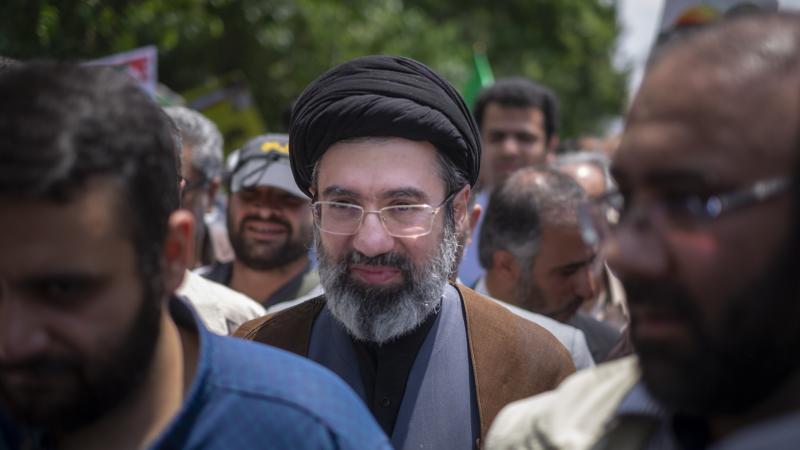Expatriate author CJ Hopkins views on COVID masks became own Orwellian reality, faces German trial
The country that once welcomed Hopkins with open arms has transformed into a battleground over freedom of expression.
In the world of literature and political commentary, few figures embody the spirit and insights of George Orwell quite like C.J. Hopkins.
For years, Hopkins has channeled Orwellian themes in his writing, offering biting satire and incisive critiques of societal and political norms. Now, in a seeming twist of fate, Hopkins finds himself ensnared in a situation reminiscent of the dystopian scenarios he has long warned against.
In other words, the author has become the subject.
An award-winning playwright, novelist, and political satirist, Hopkins is an American transplant based in Berlin. His plays have been produced and toured internationally. Through his Consent Factory blog and Substack publications, Hopkins has furthered his reputation as a sharp, fearless commentator on the excesses and absurdities of modern politics, including government overreach and mass surveillance.
His work, particularly "The Rise of the New Normal Reich: Consent Factory Essays, Vol. III (2020-2021)," has garnered acclaim and controversy alike, achieving bestseller status in political science categories across multiple countries. His work has also landed him in hot water with German authorities.
Reflecting on his decision to leave the U.S. 20 years ago, Hopkins told Just the News, "I emigrated to Europe in 2004 in part because I wanted a better standard of living than I could have as a writer in the USA, and in larger part because I couldn't stand the atmosphere in the U.S.A. anymore."
Specifically, Hopkins started making plans to leave after the U.S. invasion of Iraq.
Berlin was the easiest European city to settle in at the time," he said. It was 'cheap and sexy' back then, as the slogan said. It reminded me of San Francisco in the mid-80s, before the dot-com boom. I felt at home here, until 2020."
However, the country that once welcomed Hopkins with open arms has transformed into a battleground over freedom of expression. While Germany once symbolized a haven for artists and intellectuals, the climate has shifted dramatically in the past few years.
Hopkins' ordeal began with a series of tweets in August 2022, criticizing the COVID-19 mask mandates. His statements, such as, "The masks are ideological-conformity symbols. That's all they are. That's what they have always been. Stop pretending that they were ever anything else or get used to wearing them," drew the ire of German authorities.
He compared modern-day Germany to Nazi Germany, and all hell broke loose.
The subsequent chain of events – a criminal investigation, book bans and contentious legal battles – suggest a concerted effort to silence dissent.
Despite being acquitted by the District Court of Berlin in January of this year, the Berlin District prosecutor has appealed, seeking a retrial scheduled for August 15, just a few weeks from now.
He tried to explain a complicate legal process that, he believes, is designed for him to be "finally pronounced guilty or else bankrupted by attorneys' fees."
"I expect the Kammergericht (Berlin Superior Court) to overturn my acquittal in August, at which point, as I understand the process, I will be sent back to the Amtsgericht (Berlin Criminal Court, where he was acquitted in January), where I will be found guilty based on the Kammergericht's ruling," he said. Then I will have to appeal. ... And on and on and on it will go."
Still, he believes his experience should be viewed through a global lens.
"My case is just one of countless examples," he said. "My columns and my books of essay collections since 2016 are my attempt to document what I view as a transition to a more authoritarian (or totalitarian) version of global capitalism, which is the system we all live under in the EU, the UK, the USA, Russia, China, etc. This transition has been underway for 30 years or so, since the end of the Cold War. I have written extensively about it."
He also argues "the criminalization of dissent is a worldwide phenomenon. ... Most of us can't see it, or we can't connect the dots because we're looking at the world through a 20th-century lens. That is not the world we live in anymore. We need to view the world through a much, much broader lens. A world-wide lens. A global lens.”
















